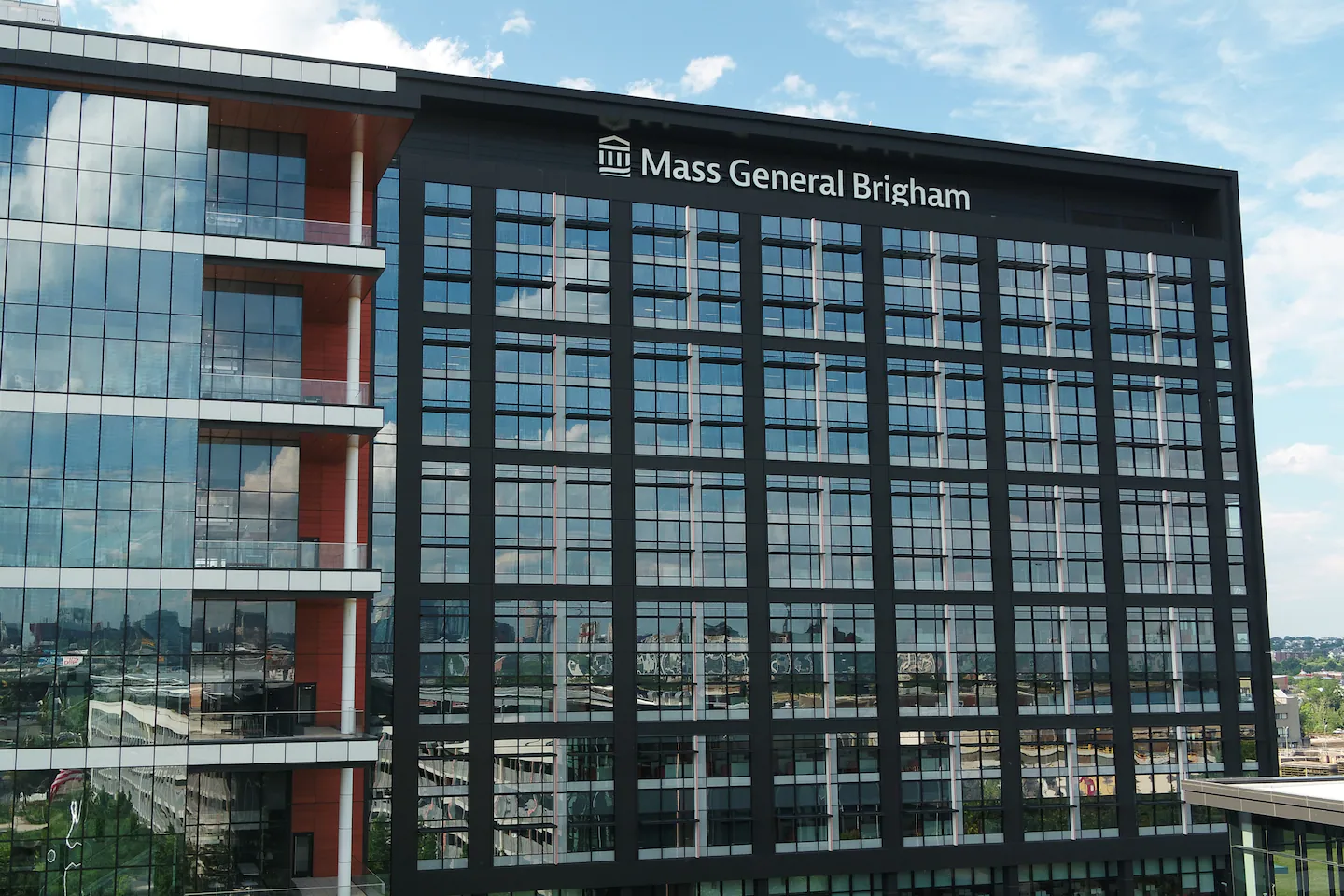
MGB has launched several initiatives to address the shortage, including a proposed partnership with CVS to provide primary care out of the pharmacy giant’s retail clinics.
The Blue Cross Blue Shield customers are patients at two MGB physician groups, Harbor Medical Associates and North Shore Physicians Group.
A UnitedHealthcare spokesperson said the change will affect many of its Medicare Advantage customers but not those who obtain primary care at Nantucket Cottage Hospital, Martha’s Vineyard Hospital and Cooley Dickinson Hospital in Northampton, all part of the MGB system.
Medicare Advantage plans are approved by the federal insurer but offered by private insurers as an alternative to standard Medicare plans. The plans often have enhanced benefits such as vision and dental coverage.
The decision by MGB to end in-network status for some primary care patients means patients will have to find different insurance with MGB primary care in network. Alternatively, they could continue to see their MGB doctors, but the patients would have to pay higher out-of-pocket costs.
The change will not affect patients seeking specialty or hospital care at MGB. Those services will remain in network.
That wasn’t much of a consolation for primary care patients.
“I’m not happy. I’ve been seeing a doctor at Mass General, a primary care physician, for years,” said Mary Jane Patrone, a UnitedHealthcare customer who lives in Boston. “I’m also confused. I don’t know what the impact of this will be on my bottom line.”
The letter to Patrone said her out-of-pocket costs for primary care will increase if she remains with UnitedHealthcare because of the insurer’s out-of-network rules. Among her options were switching to another Medicare Advantage plan, including those offered by Aetna and Mass General Brigham Health Plan, said MGB.
In a statement to the Globe, MGB declined to detail what prompted the move or how many patients would be affected. The letter sent to patients also did not specify what prompted the move.
“We recognize the disruption this change may cause for patients and their families, and our care teams are available to help patients with continuity of care and transition options should they need this support,” the health system told the Globe.
Suzi Swoop O’Brien, chief executive of UnitedHealthcare of Massachusetts, said in a statement that some MGB primary care providers would be out of network “due to how MGB is restructuring its participation in Medicare Advantage.” She did not elaborate.
For months, signs have appeared that some insurers and health care providers may be headed to an impasse in negotiations over reimbursements for medical care.
Providers say they are losing money and facing big cuts in funding from Medicaid, the health insurance program for the poor and disabled. But Blue Cross Blue Shield of Massachusetts, the state’s biggest health insurer, has said it won’t boost reimbursement rates significantly.
CEO Sarah Iselin said in a July op-ed in Commonwealth Beacon that Blue Cross Blue Shield had informed providers that it would keep price increases below the state’s 3.6 percent benchmark.
David E. Williams, president of the Boston consulting firm Health Business Group, said MGB probably felt it could afford to lose nearly 19,000 Medicare Advantage patients because the health system is already struggling to satisfy the demand for primary care.
If the insurers objected to reimbursement rates sought by MGB, the health system likely felt it could tell them to take a walk.
“MGB is already turning away patients” for primary care, Williams said.
Although Massachusetts has some of the most sought-after doctors in the world, primary care is badly broken for patients and physicians, according to a report issued in January by the state Health Policy Commission.
More patients are reporting difficulty finding doctors. Physicians are struggling with overwhelming workloads. The corps of primary care providers is aging, and the medical education system isn’t producing enough doctors to replace them.
Pay and work-life balance are reasons why many young doctors opt not to pursue careers in primary care. Primary care physicians typically earn less than specialists and often work longer hours, reviewing lab results, fielding questions from patients on the phone or on portals, and dealing with insurers.
Although the shortage of primary care doctors is a nationwide problem, it is particularly acute in Massachusetts. A recent report by AMN Healthcare, a staffing company, found that Boston has the longest average wait for a patient to see a primary care physician among 15 metropolitan areas in the country, from Atlanta to Washington, D.C., at 69 days.



